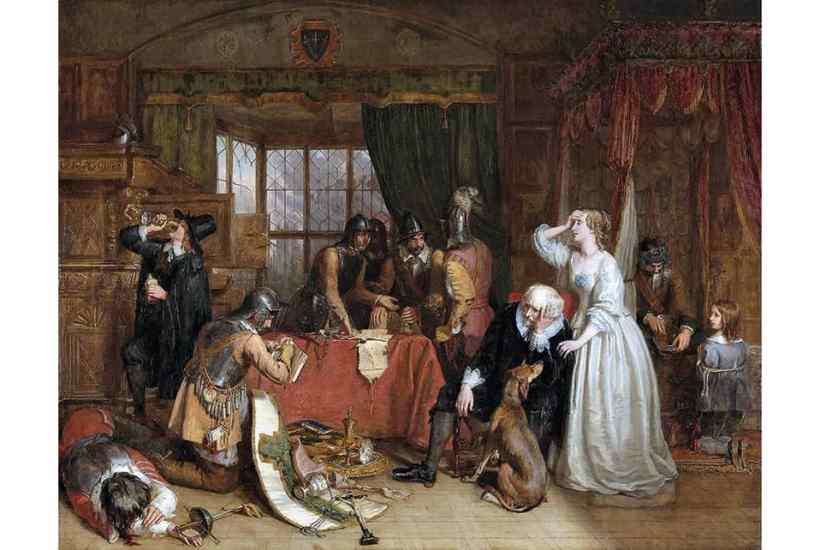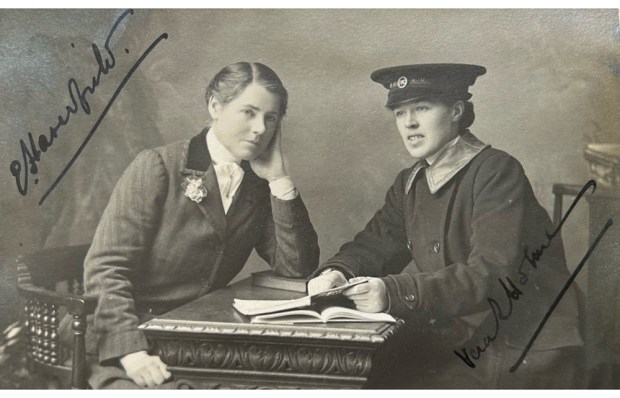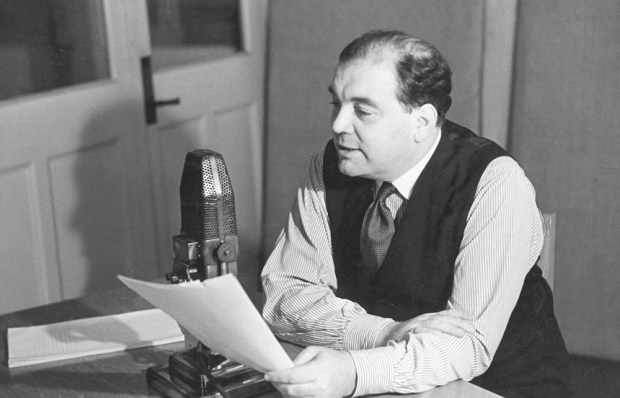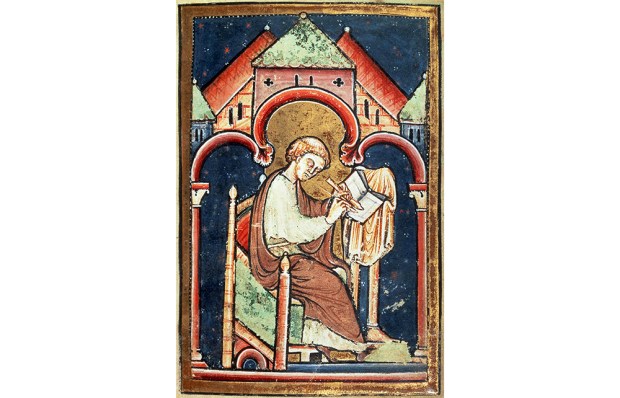‘The Wars of the Three Kingdoms’ is the best description of the devastating conflict that erupted in England, Ireland and Scotland during the 1640s and 1650s. While Britain lost 2.2 per cent of its population in the first world war, 4 per cent perished during these terrible 17th-century clashes.
The kingdoms were, at the outset, Charles I’s. At a time when even a great leader would have struggled to navigate the political, religious and social torrents confronting him, the king was weak and apt to act on the latest advice he received; his only strengths were piety, art patronage and being a loving husband and father. When a ruler of energy and charisma was desperately needed, Charles was happiest reading the Bible or playing chess or lawn bowls.
More important than his pastimes was his stubborn belief in the divine right of kings and his resentment of dissenting voices, which put him in direct conflict with powerful elements in the House of Commons. Equally dangerously, his rigid adherence to High Anglicanism, and his sympathy for his overtly Roman Catholic wife, drew the anger, fear and disgust of English Puritans and Scottish Presbyterians. It was a time when competing pamphlets proliferated, spreading the blackest of propaganda. Wildly exaggerated reports of Catholic outrages in Ireland and Europe fuelled fear that England would soon be put to the sword by papists acting on behalf of the Antichrist.
After Charles urged his supporters to come to his aid in August 1642, many on both sides still longed for peace but were dragged into the conflict through varying concepts of honour, loyalty and Christianity. Others were seduced by the promise of plunder. The shocking bloodshed of the first major battle, Edgehill, in the autumn of that year was just the beginning of an orgy of suffering on English soil.
Jessie Childs tackles this rolling tragedy with confidence and a clear eye. She is an émigré from Tudor history: her two well-received previous books looked at the dark side of Henry VIII’s and Elizabeth I’s rule through the fate, respectively, of a nobleman and a family. Here, again, she presents the wide saga in telling microcosm: the story of Basing House in Hampshire, the largest privately owned mansion in the land, which underwent a succession of attacks and sieges over a period of two years by parliamentary forces.
Its owner, the Marquess of Winchester, was a leading royalist and Roman Catholic who set great store by his family motto ‘Love Loyalty’. In the uncivil war of contemporary newsprint, Basing was presented by parliament as a hellish nest of papist vipers. Standing on thick clay, which glued together its already formidable defences, it was more than a bastion of royalist defiance. It also disrupted London’s trading links to the west; and those fighting for its control laid waste to the surrounding farmland and habitation, behaving ‘like cormorants’.
Childs highlights just how precarious civil war loyalties could be. One of Lord Winchester’s brothers tried to betray Basing to parliament, and spies were everywhere, some passing notes to their controllers while peeing in the street. Female ‘intelligencers’ also enter the fray, allegedly revelling in the opportunity to play an important role in a patriarchal society.
There are wonderful character portraits throughout. One of the besieged is the architect Inigo Jones – perhaps at Basing to improve its solid defensive works – and John Milton and John Donne also have walk-on parts. But the tragedy of civil war is the dominant theme. So many caught in the maelstrom had beliefs and points of reference that scarcely differed. Childs writes poignantly of a battle in which the two sides, needing to identify friend from foe, had a password: both, unknowingly, chose the same one, ‘God with us’, leading to yet more confusion and carnage. Elsewhere, parliamentarians claimed that their cause was for ‘King and parliament’, seeing Charles’s hostility as a mendable aberration.
Even the two leading generals in the story – the parliamentarian Sir William Waller and the royalist Lord Hopton – were old friends. Childs quotes Waller’s famous letter to Hopton:
That great God, which is the searcher of my heart, knows with what a sad sense I go upon this service and with what perfect hatred I detest this war without an enemy… We are both upon this stage and must act those parts that are assigned us in this tragedy.
In October 1645, Basing eventually buckled against impossible odds, just as the royalist cause would, providing a fitting climax to a book that successfully brings the ghastliness of the period to life, dramatically, vividly and with pathos.
Got something to add? Join the discussion and comment below.
Get 10 issues for just $10
Subscribe to The Spectator Australia today for the next 10 magazine issues, plus full online access, for just $10.
You might disagree with half of it, but you’ll enjoy reading all of it. Try your first month for free, then just $2 a week for the remainder of your first year.














Comments
Don't miss out
Join the conversation with other Spectator Australia readers. Subscribe to leave a comment.
SUBSCRIBEAlready a subscriber? Log in